Benefits of Rewilding
Rewilding benefits biodiversity
Not too long ago, our planet was filled with wild forests, free-flowing rivers, and vibrant wetlands, stretching across vast landscapes. Today, however, many regions around the world are ecologically poorer—wildlife populations have diminished, and natural systems have become fragmented.
To move forward, we need to understand what has been lost, but more importantly, reimagine what could thrive once again. Rewilding plays a key role in restoring these lost ecosystems, creating a diverse, interconnected mosaic of habitats. In doing so, it supports a more complex and resilient web of life, helping to restore balance and biodiversity across our landscapes globally.
Rewilding benefits our climate
The next decade is critical for addressing climate change, with its effects already being felt through rising temperatures and more frequent extreme weather events. A radical shift in our approach is essential to mitigate these changes.
Nature offers a powerful solution. Healthy ecosystems such as woodlands, peatlands, wetlands, and seagrass meadows act as natural carbon sinks, absorbing significant amounts of carbon from the atmosphere. When these habitats function properly, they not only capture carbon but also help buffer against the impacts of climate change by regulating floods, cooling the air, and protecting biodiversity worldwide.
Rewilding Enriches People’s Lives
As modern life pulls us further away from nature, we are spending less time outdoors, and it is taking a toll on our well-being. Both our physical and mental health suffer when we disconnect from the natural world.
Nature-rich landscapes offer far more than scenic beauty—it provides essential life-support systems. From clean air and water to fertile soils and a stable climate, thriving ecosystems are fundamental to human survival. Beyond their practical benefits, wild spaces inspire, heal, and reconnect us to the wonder of the natural world, improving the quality of life for everyone. Rewilding will not only bring back lost wildlife, but also restore our connection to the landscapes that sustain us.



